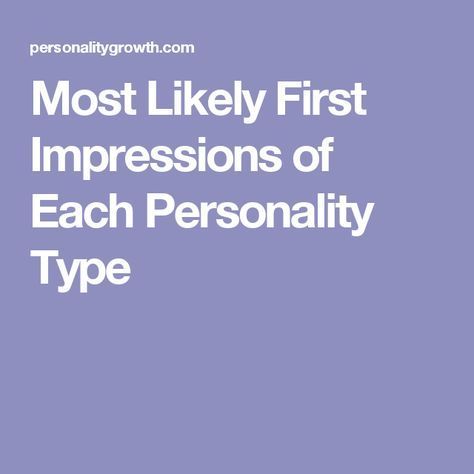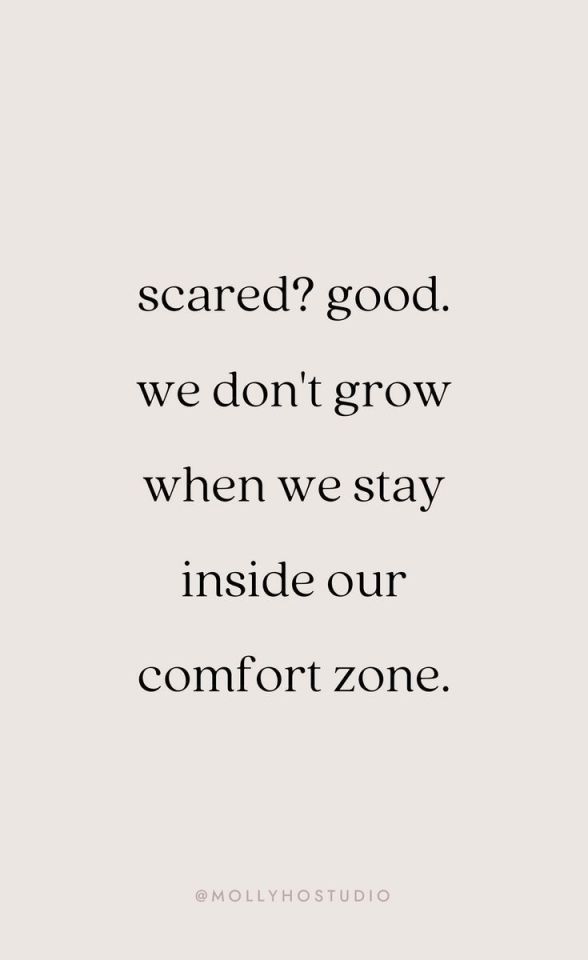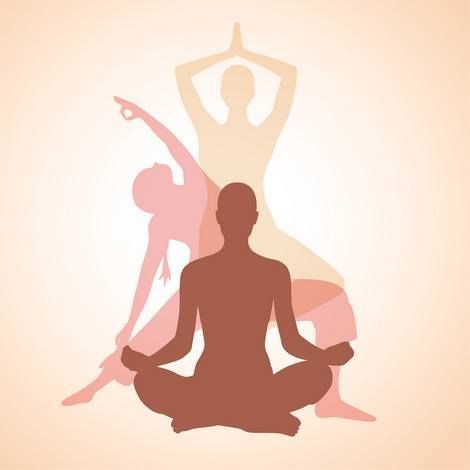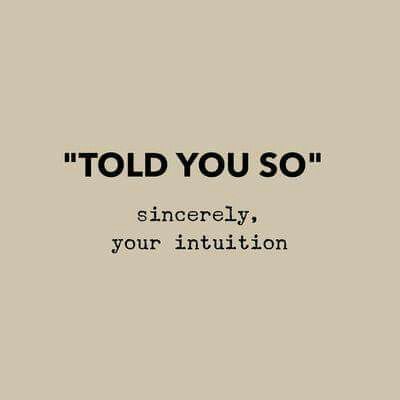LIFE ADVICE: ...
LIFE ADVICE: ...



1)not to be dependent on people's opinions about me
2)do not judge people only by their appearance
3)not to ideals and not to look at the world through "rose-colored glasses"
4)not be dependent
5)do not sacrifice your interests for the sake of others



6)not to have small and narrow views on unpreparedness, to look for different exits and ways
7)not to impose will and opinion on others
8)not to be too focused on clean lines
9)share knowledge and development
10) doesn't argue much



11) do not close in yourself
12)get information in different ways
13)to retain emotional stability and wise composure
14)be patient
15)be constant, strong and free



16)don't be afraid to take risks, feel easy and free
17)self-realization and learning something new
18)read aloud and practice self-expression
Conclusion
While you are leaning things you need to think about them and examine them from many sides. By connecting them in many ways with what you already know…. you can later retrieve them in unusual situations. It took me a long time to realize that each time I learned something I should put “hooks” on it. This is another face of the extra effort, the studying more deeply, the going the extra mile, that seems to be characteristic of great scientists.
More Posts from Nestwik and Others
The 12 Life Rules
Want to know more? Visit Website
A rule about breaking relationships.
A rule about committing to lifelong relationships.
A rule about compromises in work or effort.
A rule about making and creating things.
A rule about your relationship to history.
A rule about your relationship to wealth and status.
A rule about your deepest grow-together relationships.
A rule about your physical body.
A rule about how you science.
A rule about what your life is a measure of.
A rule about how you appear in public.
A rule about irreversible public action.
Annotating your work
Annotation means writing key information alongside your work. It can help to record your thoughts, keep your development on track and let others know what you have done and why.
Annotations can be added to artwork using a variety of formats:
Writing them next to work produced in a sketchbook
Writing on the back of the work – take care not to spoil the work by doing this
Writing them on separate presentation sheets
Creating a blog - taking photographs of the work at different stages and tagging the images with comments
Posting work on social media and adding comments

“Life is the only game in which the object of the game is to learn the rules.” – Ashleigh Brilliant
Study Techniques
Be motivated or have strong discipline?
make condense notes
do A LOT of sample questions and answers
document your mistakes
pay attention to HOW articles are written/structured
blurting method
3Q3R
mind mapping
brown/white noise
pomodoro techniques
active recall
feynman technique



How to actually learn multiple languages at once?
advice
DO be realistic ✓
DON’T learn loads of new languages from scratch at the same time
DO learn completely different languages…
...OR learn similar languages✓
DON’T rush things✓
DO prioritize and set a timetable✓
DON’T spread yourself too thin
DO differentiate your languages
DON’T isolate your language studies✓
“Dance like nobody’s watching; Love like you’ve never been hurt. Sing like nobody’s listening; Live like it’s heaven on earth.”
12 Awesome Ways to improve your memory
Reduce stress.
Use mnemonic devices.
Repetition.
Visualize.
Read out loud.
Practice regularly.
Spaced repetition.
Get sufficient sleep.
Train your brain.
Get some exercise.
Write it down.
Eat berries.
Drink alcohol in moderation
Practice mindfulness
Try a fish oil supplement
“The greatest happiness is to know the source of unhappiness.” ― Fyodor Dostoyevsky.
One topic I enjoy discussing is my favourite food.
I'd like to share my thoughts on my food preferences.
I absolutely love sushi🍱🍣, it's my all-time favourite dish! The taste, appearance, and aroma are simply delightful. Japanese 🏯cuisine is a particular passion of mine, with its traditional focus on rice, miso soup, and dishes like tofu. I especially enjoy the combination of rice and seafood in sushi, though some say avocado🥑 is also an essential ingredient. Frankly, I'm perfectly content eating sushi on its own - it always puts a smile on my face!🙂
“You’re imagining a new potential future — one with good times and challenges overcome instead of a bleak, powerless tomorrow.” 🙃😲😓😝
- RYAN HOWES, PSYCHOLOGIST
-
 amelia42 liked this · 1 year ago
amelia42 liked this · 1 year ago -
 nestwik reblogged this · 2 years ago
nestwik reblogged this · 2 years ago
